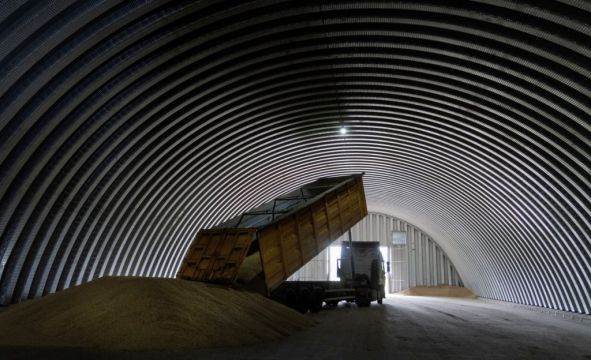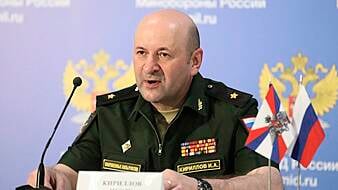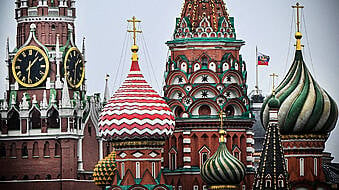An agreement that allowed grain shipments from Ukraine to resume and helped temper global food prices will be extended by 120 days, the United Nations and other parties to the deal have said.
The initiative established a safe shipping corridor in the Black Sea and inspection procedures to address Russian and Ukrainian concerns that cargo vessels travelling off Ukraine’s southern coast might carry weapons or launch attacks.
The deal that Ukraine and Russia signed in separate agreements with the UN and Turkey on July 22 had been due to expire on Saturday.
Russia confirmed the extension but said it expected progress on removing obstacles to the export of its food and fertilisers.

Ukrainian president Volodymyr Zelenskiy called the extension a “key decision in the global fight against the food crisis”.
UN secretary-general Antonio Guterres and Turkish President Recep Tayyip Erdogan welcomed the renewal of the four-month-old deal.
“I was deeply moved to know that in Istanbul, Turkey, Ukraine, Russia and the UN had come to an agreement for the rollover of the Black Sea Grain Initiative, allowing for the free exports of Ukrainian grains,” Mr Guterres said in a video statement.
Moscow had criticised the implementation of the part of the agreement aimed at facilitating exports of Russian grain and fertiliser, hinting that it might not agree to an extension until its concerns were addressed.
Although western sanctions against Russia for its invasion of Ukraine did not target such exports, many shipping and insurance companies were reluctant to deal with Moscow.
Mr Guterres said the UN was “fully committed” to removing hurdles to shipping food and fertiliser from Russia.

The Russian Foreign Ministry said Moscow had allowed the extension to take effect “without any changes in terms and scope” of its agreement. The ministry said Russia noted the “intensification” of UN efforts to hasten Russian exports.
“All these issues must be resolved within 120 days for which the ‘package deal’ is extended,” the ministry said.
Moscow briefly suspended its participation in the deal in late October, citing risks to its ships after what it alleged was a Ukrainian drone attack on its Black Sea Fleet. Ukraine did not claim the attack.
Ukraine and Russia are major global exporters of wheat, barley, sunflower oil and other food to developing countries. A loss of those supplies after Russia’s February 24th invasion of Ukraine had pushed up global food prices and fuelled concerns of a hunger crisis in poorer countries.
Global food prices declined about 15 per cent from their March peak after the grain initiative was adopted in July.
“With the delivery of more than 11 million tons of grains and foodstuffs to those in need via approximately 500 ships over the past four months, the significance and benefits of this agreement for the food supply and security of the world have become evident,” Mr Erdogan said.







